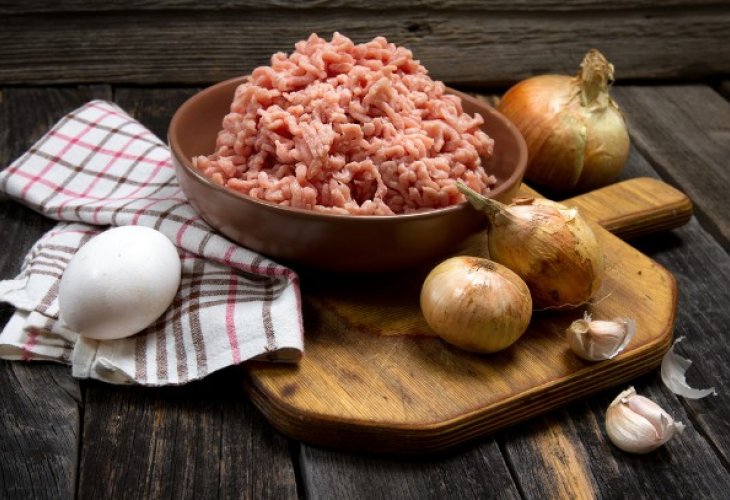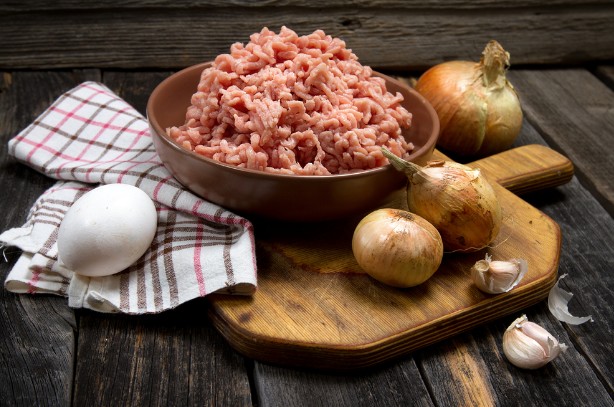Jewish Law
The Hidden Dangers of Peeled Eggs and Uncovered Drinks: Ancient Wisdom for Modern Kitchens
Jewish law and mysticism explain why certain foods left overnight may carry spiritual and physical risks
- |Updated

The following guidelines are based on classical sources and modern rabbinic guidance.
1. Peeled Eggs, Garlic, or Onions Left Overnight
It is forbidden to eat peeled eggs, garlic, or onions that were left overnight, because a harmful spiritual force is said to rest upon them — even if they were sealed or wrapped.
The Gemara in Niddah 17a states in the name of Rabbi Shimon bar Yochai: “There are five things for which one endangers his life, and his blood is upon his own head.” Rashi explains that this means the person brings punishment upon himself.
Although neither the Tur nor the Shulchan Aruch mention this explicitly, later authorities discuss it. The Chafetz Chaim wrote in Likutei Halachot: “Although I have not found this in the Rambam, it is certainly proper to be careful about it.”
2. When They Are Permitted
If even a small part of the peel or the roots of the garlic or onion remain attached — the food is permitted. Likewise, if these ingredients were mixed into a dish or salad, or salt or oil was added to them, the restriction no longer applies. From halachic sources it appears that even partial peeling still counts as sufficient protection.
3. Replacing the Peel
If one removed the peel and then placed it back afterward, some authorities (citing the Maharam Shik and Maharshal) write that only the natural peel that remained attached works, not one replaced later. However, the Sefer Shmirat HaGuf VeHanefesh quotes the Shevet Mussar, who says: “Some people place the peels back over the garlic.” This implies that even if the peel is replaced later, the food is permitted — especially when loss is involved.
4. Peeled Eggs for Shabbat
If peeled eggs were left overnight and are needed for Shabbat, Rabbi Ovadia Hadaya (Yaskil Avdi) ruled leniently: One may eat them bediavad (after the fact), because “he who performs a mitzvah will know no harm” — especially since one recites a blessing before eating.

5. Uncovered Liquids (Water, Wine, Milk)
Three beverages — water, wine, and milk — that were left uncovered, whether by day or night, are prohibited to drink in places where snakes or scorpions are found, due to the ancient concern that venom might have fallen into them.
Rabbi Ben Tzion Abba Shaul ruled that this concern applies mainly in single-story homes or ground-floor apartments near open fields or lots — not typically in urban multi-story buildings.
The Shulchan Aruch (Yoreh De’ah 116:1) brings this ruling from the Mishnah in Terumot, but adds: “Today, since snakes are not common, it is permitted.” Still, the Pitchei Teshuvah cites the Shelah HaKadosh, who wrote: “A cautious person should avoid it nonetheless,” noting that even the Vilna Gaon was very strict in this matter, also considering spiritual impurity as a factor.
6. When the Prohibition Does Not Apply
If someone was awake and watching the drink.
If the liquid was boiling or steaming, which drives away danger.
7. Drinks Kept in a Refrigerator or Cabinet
Liquids that were left inside a refrigerator are considered covered.
The same applies to those kept inside a cabinet, even if it is attached to a wall, as long as it has a back panel.
8. What to Do with Exposed Liquids
Liquids that were left uncovered should not be used for any purpose. They should not be poured into public areas, nor used for mopping floors, watering animals, or washing hands in the morning (Netilat Yadayim) — though they may still be used for handwashing before meals. Filtering or straining does not remove the concern.
Rabbi Shai Amar, Halacha Department, Hidabroot

